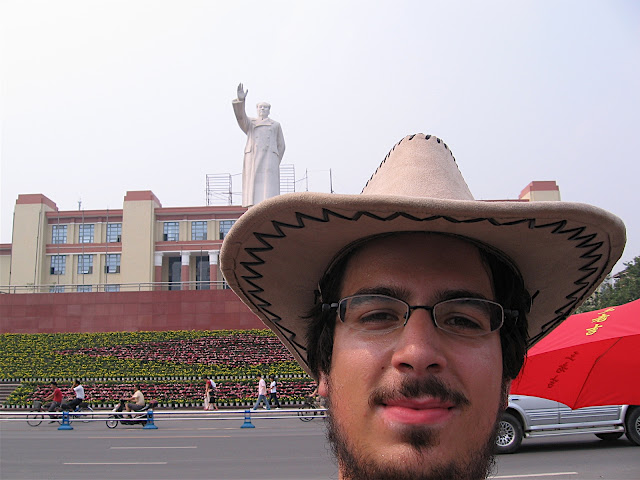Coming of age politically in the grim '70s, when liberalism seemed utterly exhausted, I still remember the thrill of coming upon their writings for the first time. I discovered the Public Interest the same week that Patty Hearst was kidnapped by the Symbionese Liberation Army, and its pages offered shelter from the storm -- from the mobs on the street, the radical posing of my professors and fellow students, the cluelessness of limousine liberals, the whole mad circus of post-'60s politics. Conservative politics mattered less to me than the sober comportment of conservative intellectuals at that time; I admired their maturity and seriousness, their historical perspective, their sense of proportion. In a country susceptible to political hucksters and demagogues, they studied the passions of democratic life without succumbing to them. They were unapologetic elites, but elites who loved democracy and wanted to help it.There is an important point the article doesn't make. Liberals and conservatives have indeed switched roles on who is more likely to project their fantasies on some idealized hero (revolutionaries for '70s liberals, "normal people" for today's conservative crowd). But when Lilla writes "Conservative politics mattered less to me than the sober comportment of conservative intellectuals at that time; I admired their maturity and seriousness, their historical perspective, their sense of proportion.", he could have been talking about Obama and his fellow Democrats. That, I think, is the most profound intellectual change within American policy circles in the past 30 years; there has been a complete reversal of roles on who to turn to for serious and realist solutions. The quasi-pathological tendency to project their dreams on an idealized hero is a symptom, the intellectual emptiness is the disease. Hopefully a new generation of conservative intellectuals will be able to reverse that situation.
(...)
Back in the '70s, conservative intellectuals loved to talk about "radical chic," the well-known tendency of educated, often wealthy liberals to project their political fantasies onto brutal revolutionaries and street thugs, and romanticize their "struggles." But "populist chic" is just the inversion of "radical chic," and is no less absurd, comical or ominous.
Via Andrew Sullivan




No comments:
Post a Comment